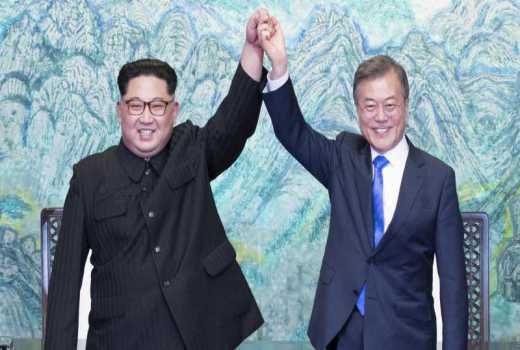
The prospects of ending the Korean War, among the longest in the history of warfare, appear very bright. The war has lasted more than 67 years since North Korea invaded South Korea in June 1950 in an effort to unify the two Koreas created by the United States and the Soviet Union after World War II.
This is largely because of the effort to bring three natural “rebels” together. These are US President Donald Trump, North Korean leader Kim Jong Un, and South Korean President Moon Jae-In. While Trump and Kim have publicly exchanged insults, Moon leads them into dialogue.